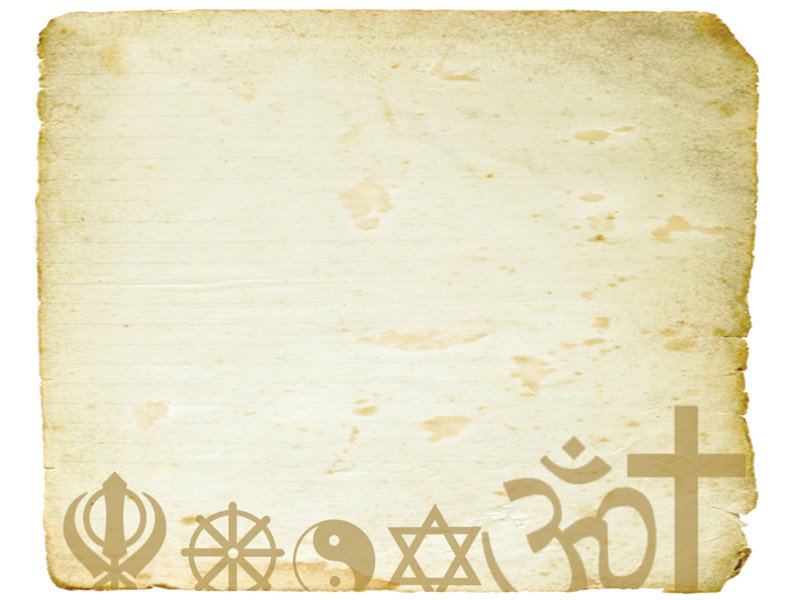
Even though the written constitution of the country formally ratifies the principle of non-discrimination against citizens on the basis of gender, religion, caste or creed, deeply engrained attitudes of discrimination in the political arena have reduced the binding power of the social code to mere words on paper, as contesting parties slyly debar candidates of the marginalized communities from running for seats in the bicameral legislature.
With the General Elections 2024 just a few weeks away, all political parties are well-occupied with the decisive task of issuing party tickets to prospective candidates for running for seats in the 16th National Assembly and 18th Punjab Assembly, however, much to the dismay of the socially subordinated groups, a majority of these parties have purposefully shunned the obligation of ensuring adequate representation to members of the religious minorities and women, with the former denied general seats and the latter refused their rightful quota of reserved seats in each constituency.
“Political parties are unwilling to issue a ticket for a general seat to a non-Muslim candidate since they fear that the opponents will easily defeat him using the religion card,” anonymously shared a non-Muslim candidate nominated by the PML-N for a reserved minority seat, who further disclosed that most minority candidates had no funds for contesting the elections alone.
Read HRCP sounds alarms over ‘troubled election climate’
Seconding the candidate’s assessment on the partiality of the political scenario, Peter Jacob, Head of the Institute for Social Justice, told The Express Tribune that political parties were choosing candidates on the basis of their financial status, social standing and overall popularity as opposed to assessing their voter base.
“There are 30 to 35 National Assembly constituencies in Pakistan where minority votes are high. Similarly, the role of the minority community is important in more than 60 constituencies of the Provincial Assembly. Yet political parties avoid giving tickets to minority candidates for the general seats since it is a well-acknowledged fact that the religion card is used quite frequently in our local politics,” opined Jacob.
According to details obtained by The Express Tribune, apart from the 37 National Assembly seats reserved for minorities by the Election Commission, no party has given a single general seat to a minority candidate.
Read Diverse candidates : Motley crew joins election race
Moreover, even for the provincial assemblies, only the Pakistan People’s Party (PPP) has given a ticket to a female Hindu candidate for the K-P Assembly, whereas no party in Punjab has bothered considering a candidate from the marginalized groups for a general seat in the Punjab Assembly.
Apart from the discrimination against members of minority religions, women too have been subjected to a similar treatment since most parties have failed to abide by the 5 per cent reserved seat quota for female candidates.
As statistics indicate that many major parties including the Pakistan Muslim League-Nawaz (PML-N) and Pakistan People’s Party (PPP) have not implemented the stipulation of giving tickets to women in 5 percent of the seats for the Punjab Assembly, with the PML-N issuing tickets to only four women out of 282 candidates, and the PPP issuing tickets to only 9 women out of 241 for the General Elections in Punjab.
“The ECP is expected to ensure allotment of 5 per cent seats to women in accordance with Article 206. This is a legal and constitutional requirement for promoting women’s participation in the electoral and political process. If not fulfilled, these parties must not be allowed to contest the elections,” implored Sarah Anam, Regional Director of the Aurat Foundation, while speaking to The Express Tribune.
Published in The Express Tribune, January 29th, 2024.







1726722687-0/Express-Tribune-Web-(9)1726722687-0-270x192.webp)













COMMENTS
Comments are moderated and generally will be posted if they are on-topic and not abusive.
For more information, please see our Comments FAQ